È morta la vacca
Oil on canvas, 116×160 cm Signed at lower left Before 1909 Siena, Collection of the City of Siena As in the preceding painting, here too Pascucci deals with a complex articulation of light which cuts partially through a dark space: around a table set for a simple meal are gathered
I calzolai o Ciabattini o Veglia laboriosa
Oil on canvas, 44.5×53.5 cm Signed at lower right Before 1905 Manciano, private collection Exhibited in Rome in 1905, the painting is one of a group of works in which Pascucci studies the effects of artificial light in dark environments to draw forth vivid plays of colour. The oil lamp
Il riposo del pastore o Giacobbe addormentato
Oil on canvas, 73×93 cm 1901 Siena, Collection of the Società di Esecutori di Pie Disposizioni In early 1902 Pascucci sent this picture, under the title The Repose of the Shepherd, to the Società di Esecutori di Pie Disposizioni to obtain an extension of the Biringucci fellowship, granted for another
La mietitura
The Wheat Harvest Oil on canvas, 64.5×117.5 cm 1900 Siena, Collection of the Società di Esecutori di Pie Disposizioni This painting was sent to the Società di Esecutori di Pie Disposizioni in 1901 as the second sample of his work for the Biringucci fellowship, with the request that the fellowship
Eroi di Maremma
Oil on canvas, 75×95 cm 1895 Signed and dated at lower left Florence, CR Firenze art collection [oppure: Collection of the Cassa di Risparmio di Firenze] In a cold, sparely furnished room a man lies on a bed, dead before his time of malaria, despite the attempts to heal him
Winterlandschaft
Klaes Molenaer (Haarlem 1628/29 – 1676) Winterlandschaft Öl auf Leinwand, 72 x 102 cm Im 17. Jahrhundert blühte in den Niederlanden das Genre der Winterlandschaft auf und wird durch dieses Gemälde gut repräsentiert, in dem wir neben den für das Repertoire des Künstlers typischen einzelnen figurativen Elementen seine Berufung für
Flusslandschaft mit Fischern
Jan van Goyen (Leiden 1596 – Den Haag 1656) Flusslandschaft mit Fischern Öl auf Holztafel (Eiche), 47,5 x 62 cm (oval) Signiert und datiert unten rechts, unterhalb der Brücke: 1635 f JVG Die schwebende, kontemplative Atmosphäre, unterstrichen durch die Reduktion der Farbe, erhebt den bescheidenen Alltag der dargestellten Fischer zur
Landschaft mit Dorf, Bauern und Wanderern
Pieter de Molijn (London 1595 – Haarlem 1661) Landschaft mit Dorf, Bauern und Wanderern Öl auf Leinwand, 96,5 x 142,5 cm Signiert unten links: PMolijn [verbundene Initialen] 1656 Im Kontrast zwischen der soliden Darstellung des Vordergrunds, dem weniger ausgeprägten Horizont und dem großen Raum, der dem Himmel überlassen wird, bietet
Landschaft mit Hirten und Tieren an einem Wasserlauf
Moyses van Wtenbrouck (oder Uyttenbroeck) (Den Haag 1595 – 1647) Landschaft mit Hirten und Tieren an einem Wasserlauf Öl auf Holztafel (Eiche), 43,3 x 63,3 cm Signiert unten rechts: Mo van Wtenbrouck/ 16. Das Gemälde zeigt eine Hügellandschaft mit Hirten und Herden, die sich an einem Bach ausruhen, der
Rast auf der Flucht nach Ägypten
Carlo Antonio Procaccini (Bologna 1571 – Mailand? 1630?) Rast auf der Flucht nach Ägypten Öl auf Holztafel, 34 x 48 cm Carlo Antonio Procaccini ist ein Beispiel für das steigende Interesse an der flämischen Malerei, das in Mailand besonders um Federico Borromeo aufblühte. Er verwendet für die Figuren eine Gravur
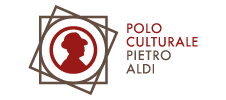

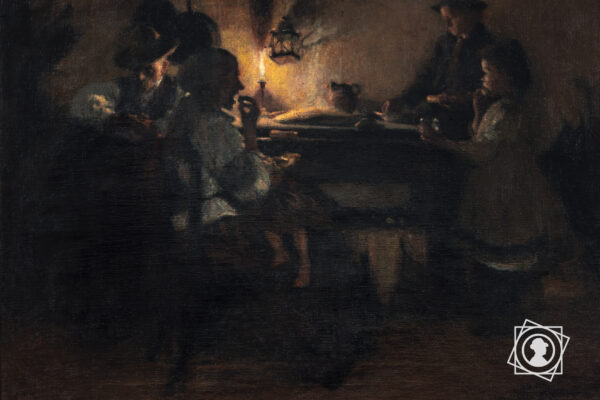
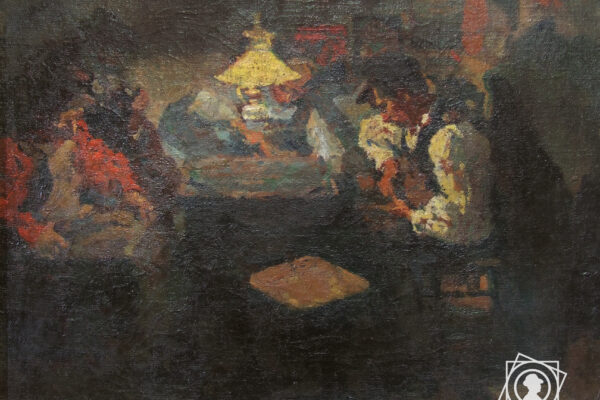
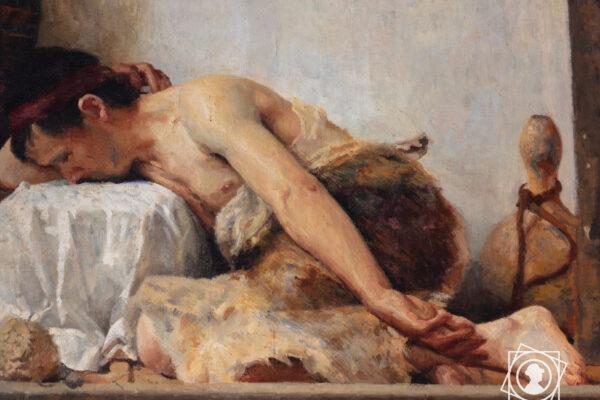
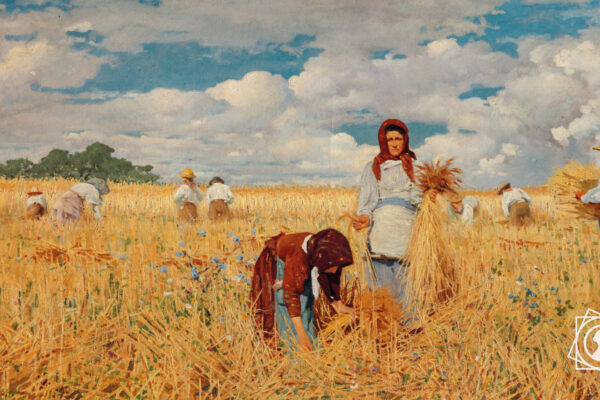
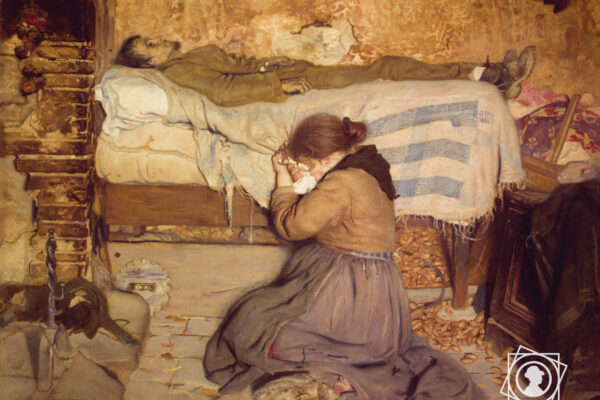
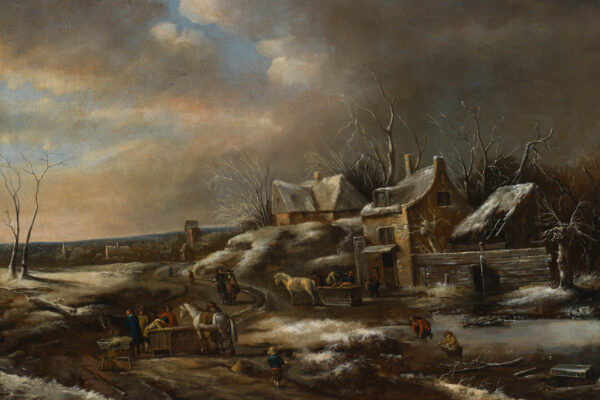
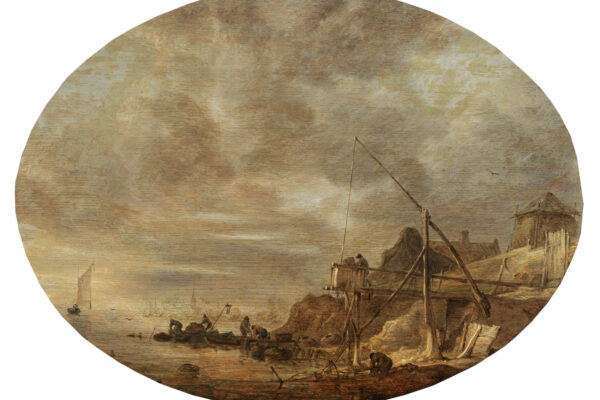
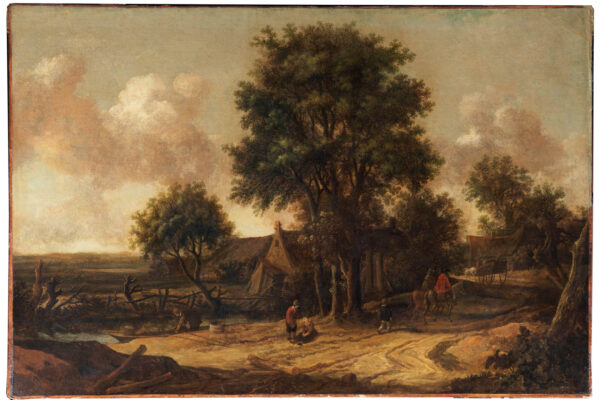
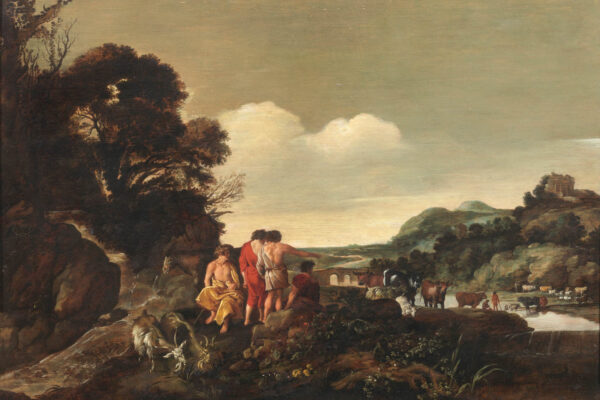
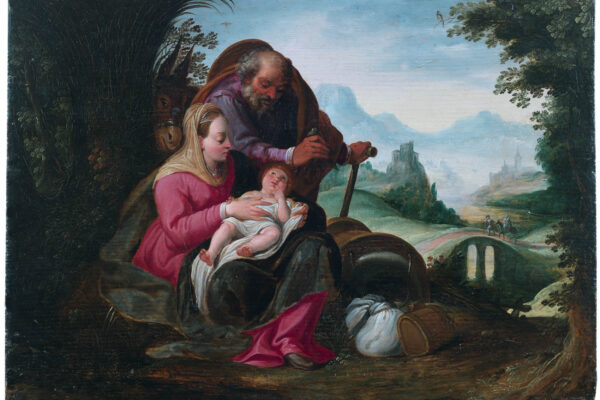
Recent Comments